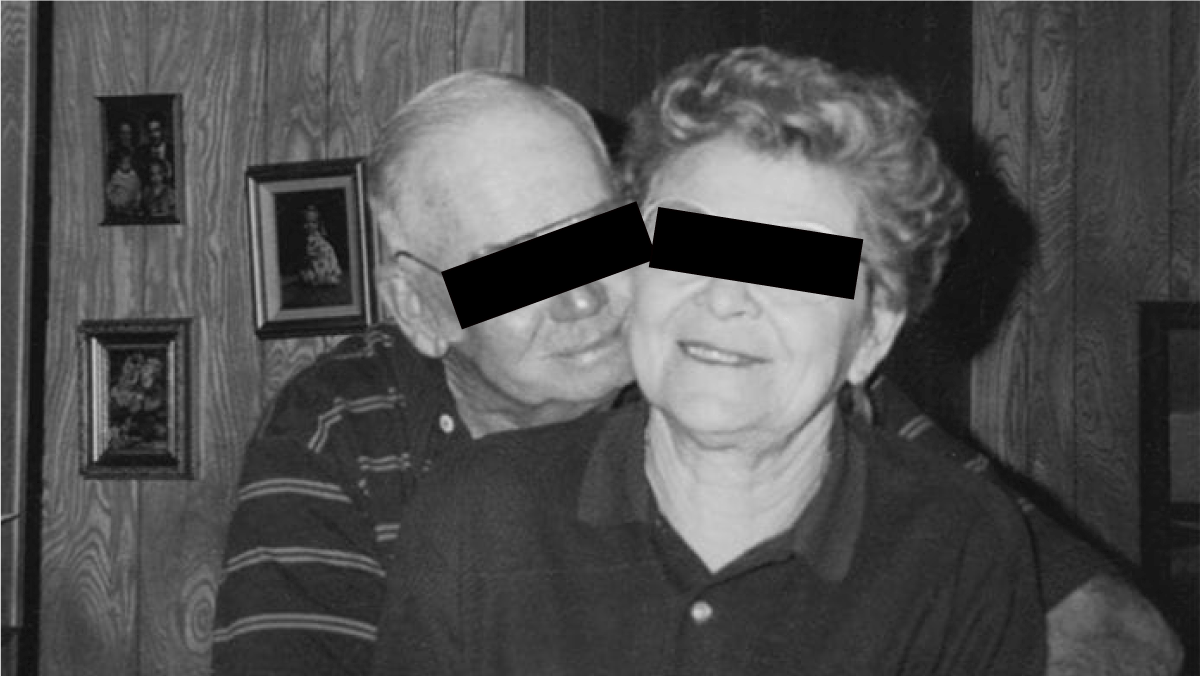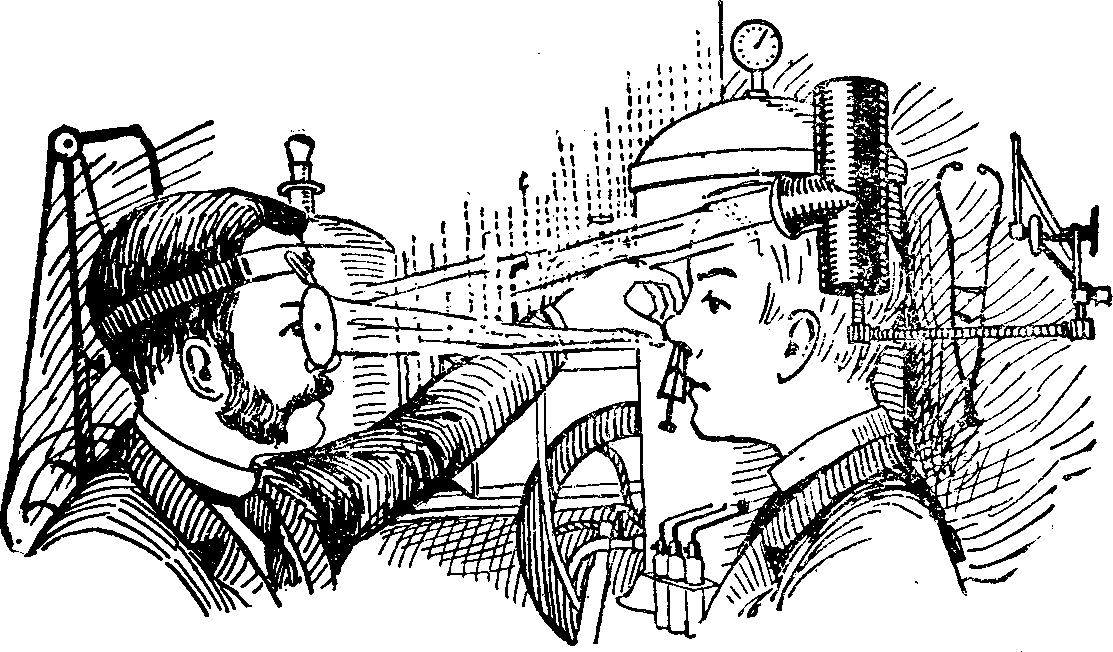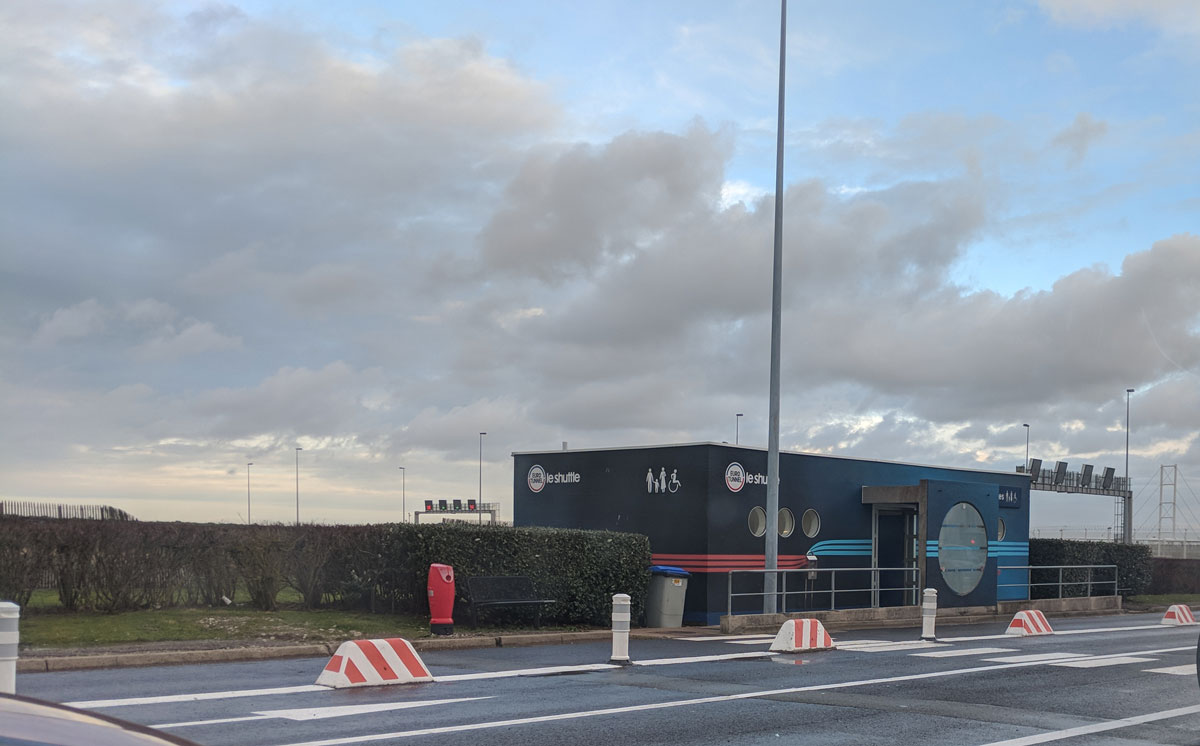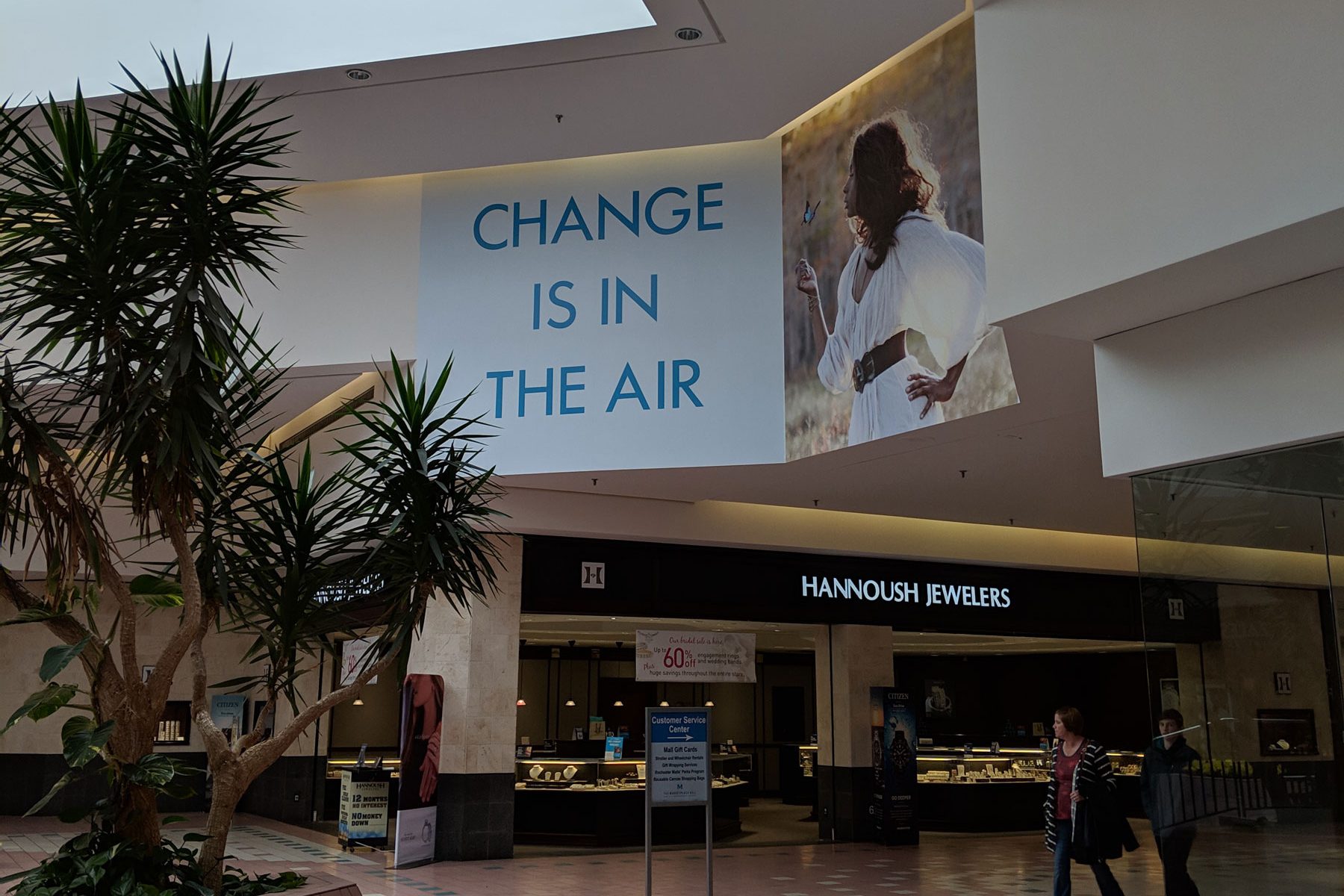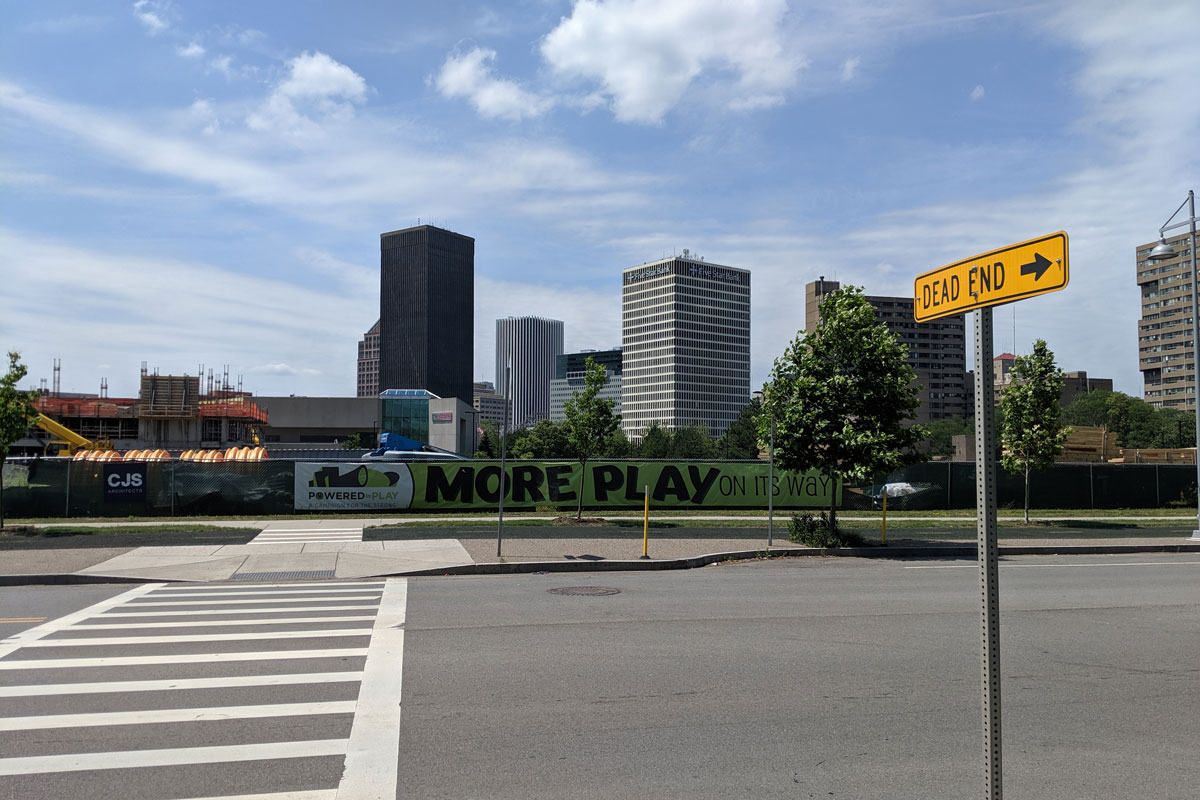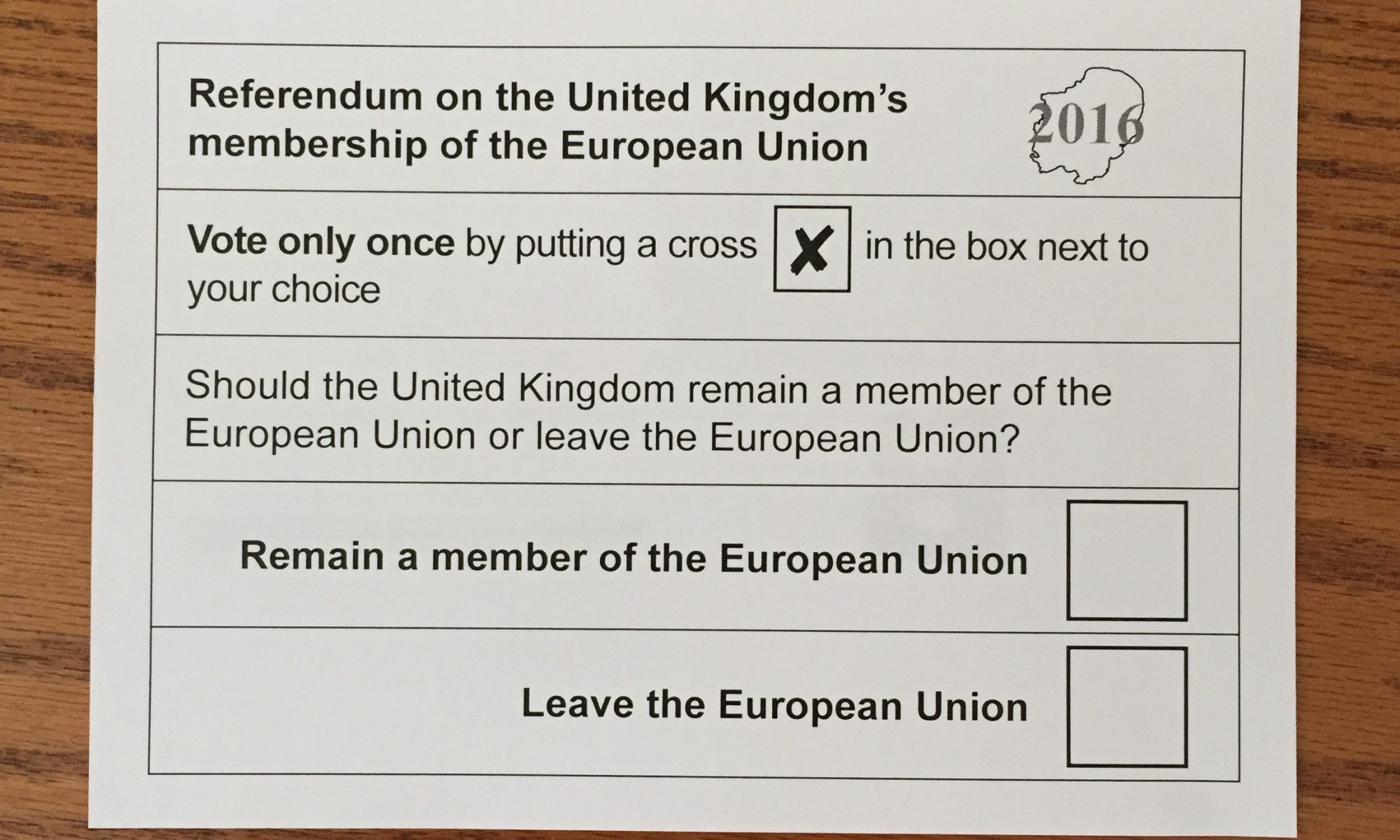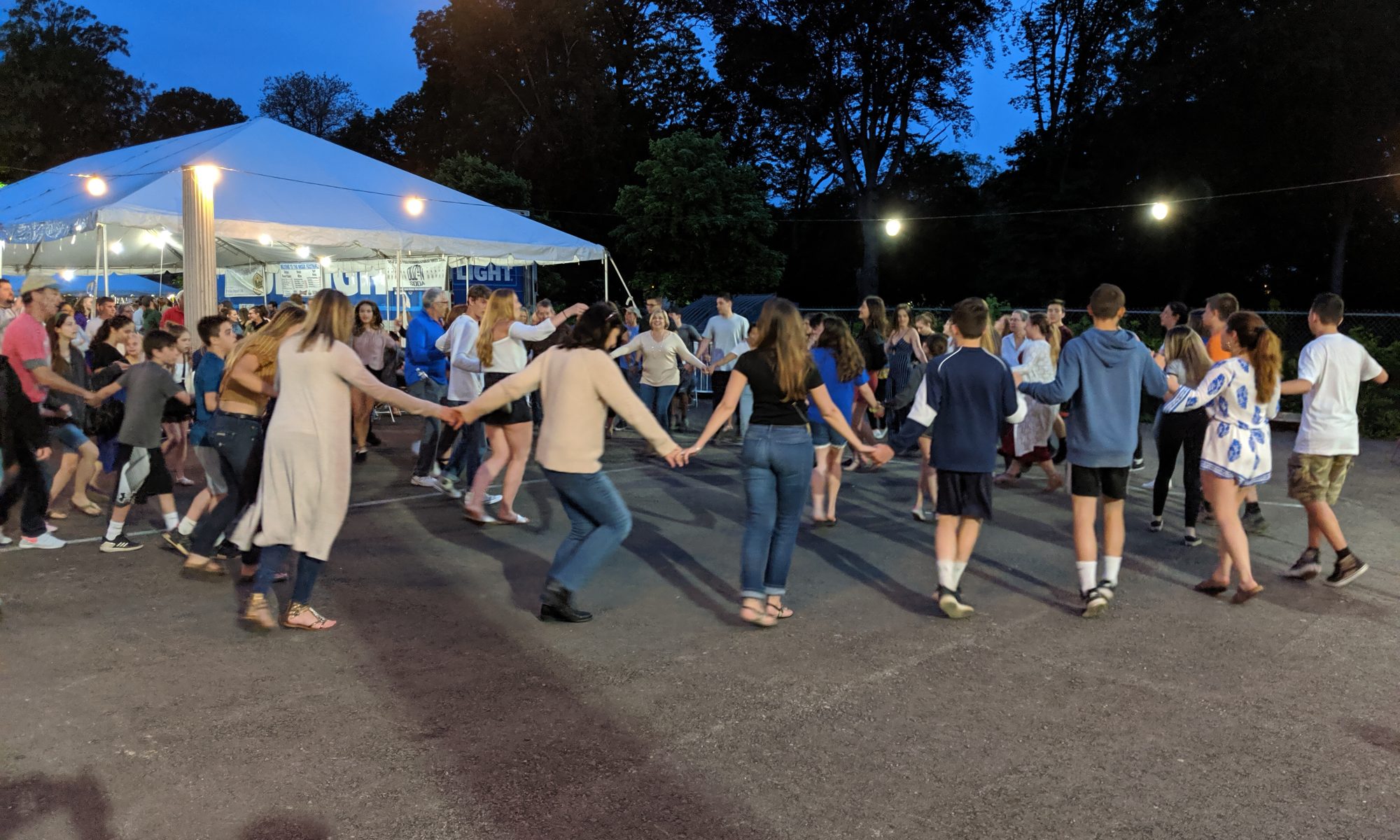Arguments about form and content occur across disciplines. Why? In this post, I begin what will be a long exploration of this question with a reading of Google’s “Loretta” ad (2020) to explore technology through a form/content lens.
Continue reading “Towards a General Theory of Form and Content”People Are Looking at Your LinkedIn Profile
A response to a solely psychological critique of niceness within neoliberalism published last year in Damage.
Continue reading “People Are Looking at Your LinkedIn Profile”Before an Ignorant Army
Arlo, my three-year-old son, picked the miniature book from the shelf, I imagine, because it scaled him to an adult size. He didn’t know that it was a collection of poetry by young men who were killed in the First World War. He brought it to the dinner table and issued his most effective command, “Read it!”
Continue reading “Before an Ignorant Army”Loss Adjustment
Two weeks ago, I voluntarily self-quarantined with my wife and our toddler when they came back from visiting family in France. I had always imagined an emergency, a crisis, to be filled with panic, but these slow, thick days feel more like the quiet that settles in the wake of a death. It feels like everybody is grieving, but we don’t know what for.
Continue reading “Loss Adjustment”Who’s Gonna Buy That?
Our politics are faint echoes of things happening elsewhere, everywhere: the thud of flesh double-tapping glass, precisely simulated clicks, the brush of magnetic strips through plastic, faceless voices from inside gas pumps chiding us to know things we don’t care about as we fill the tank with guilt. In other words, politics follows the forces that are actually transforming our world: production and consumption. Not the reverse.
Continue reading “Who’s Gonna Buy That?”Artificial Coincidence
About my time sweating in a sauna in Berlin, a college bro talking to his mother in a sauna in Rochester, and also how coincidence can be simulated to make consumption feel meaningful.
Continue reading “Artificial Coincidence”It Was Spooky Back Then
I can’t lie—I have at times in my life used the line “people didn’t need this back then” to justify my opinions about contemporary society. Sometimes Back Then is 19th century England, Medieval Europe, or some far off prehistoric time. People didn’t sit around on their phones Back Then, did they?
Continue reading “It Was Spooky Back Then”Rochester’s Very Own Uberlin Wall
Rochester’s Inner Loop was once the envy of urbanization. That was in the 1960s, when American cities were redesigned entirely to accommodate the car as a signal of a better future, much like elsewhere. Thanks to the speed at which Kodak and Xerox executives, for instance, could shift between their offices and suburban homes, Rochester earned the reputation of having the shortest commute in all of the U.S.
Continue reading “Rochester’s Very Own Uberlin Wall”No More Mr. Nice Guy
A journalist I knew hated it when I described people as “nice.” He would make a face to imply meh, anyone can be nice. It was, for him, an empty word. He wanted something more, he needed details that opened the person up, fleshy information that he could really stick his teeth into. “Nice” doesn’t allow that. It’s too general and, especially for an entrepreneurial journalist, too boring.
Continue reading “No More Mr. Nice Guy”The Life-changing Magic of Crowds
A friend I once had often expressed how much she didn’t like crowds. They made her feel uneasy, anxious, she explained whenever she could. It was who she was, she said. She wasn’t a “crowd person,” but a “home body,” she always politely affirmed. Crowds were too much for her because, I was meant to believe, she had a more sensitive disposition than most.
Continue reading “The Life-changing Magic of Crowds”